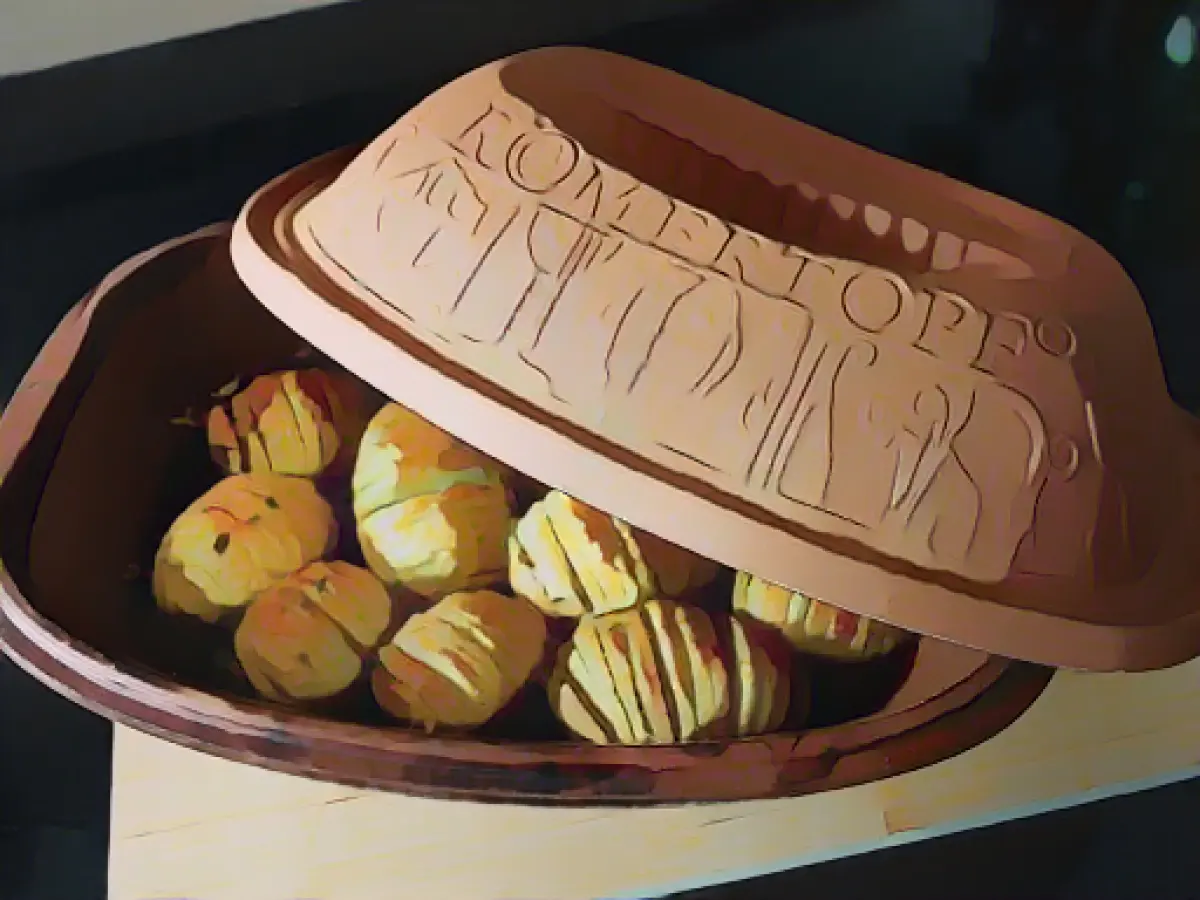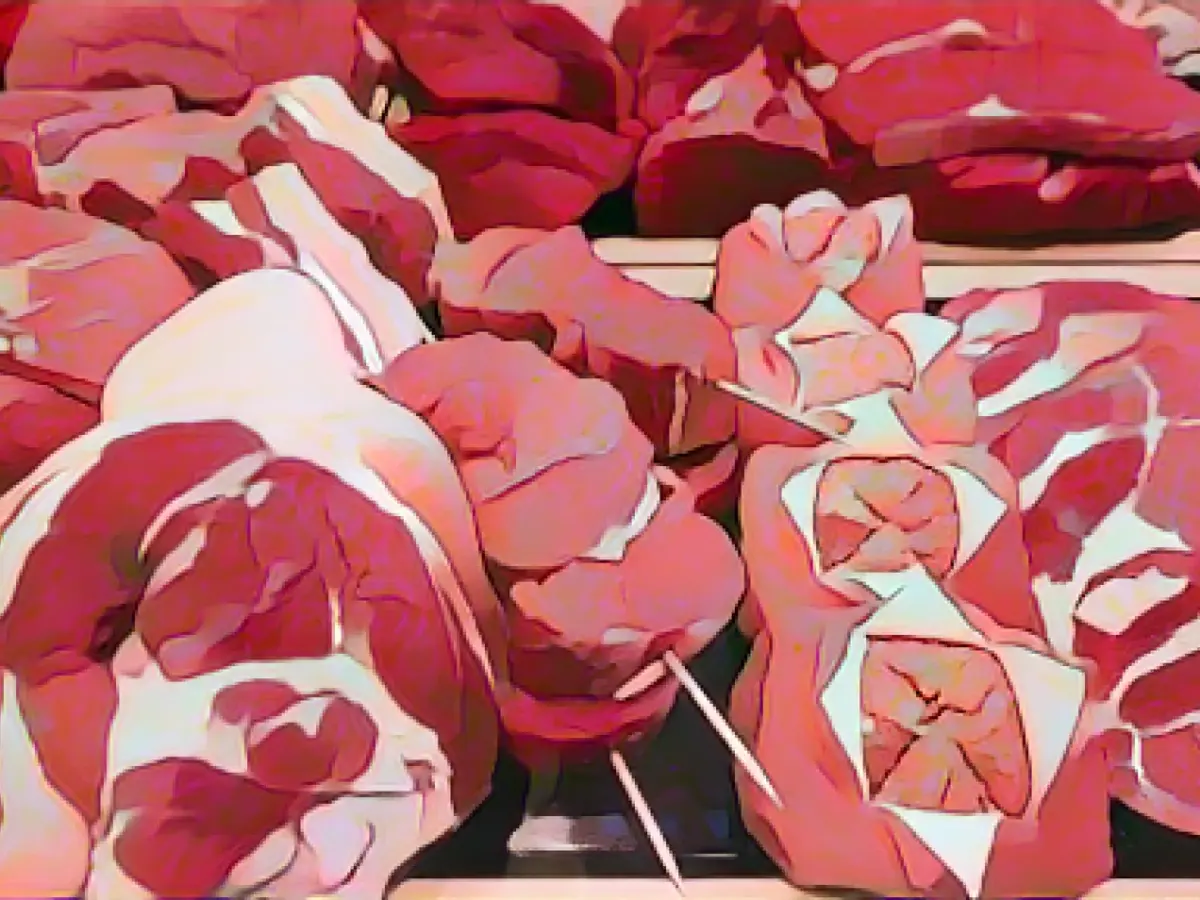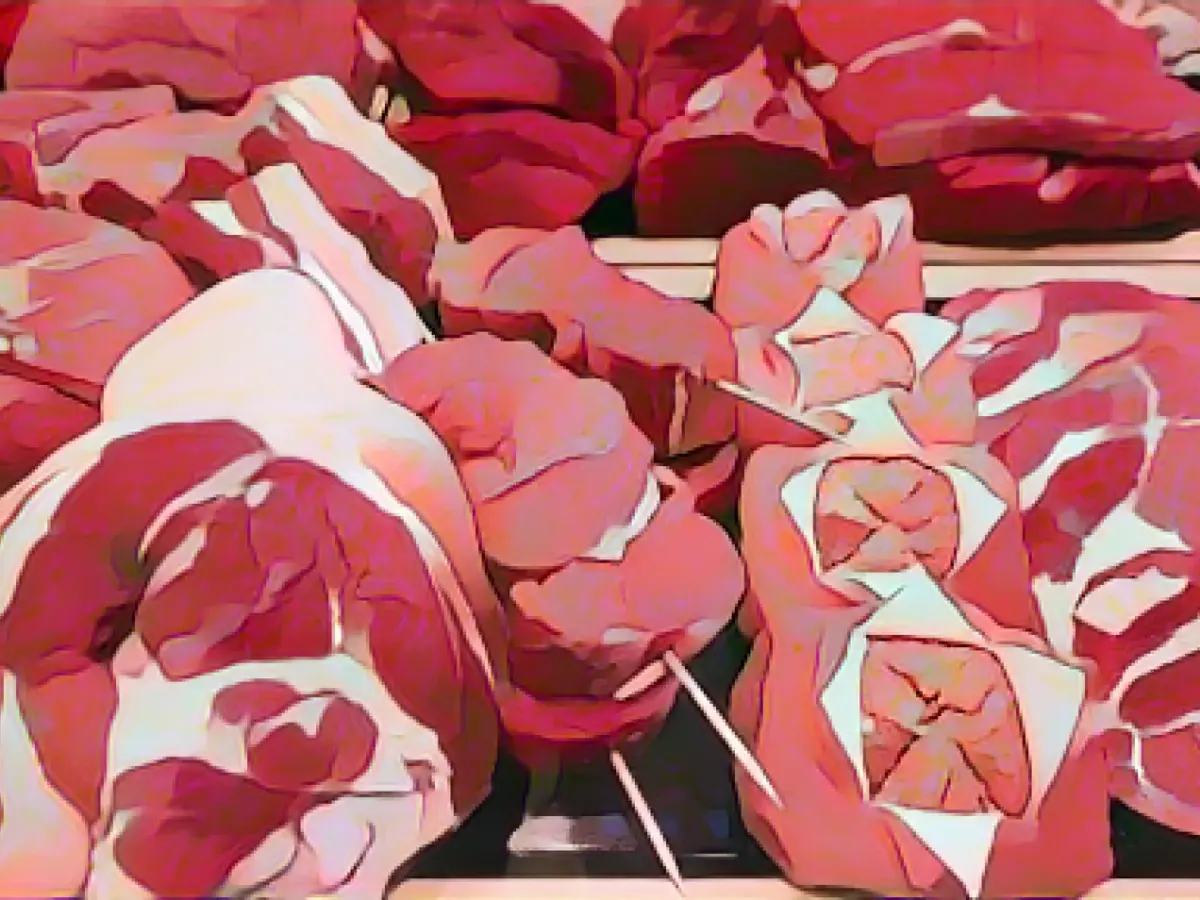Römertopf Displaces Production Overseas with New Investor
In wake of Römertopf's financial collapse, production is poised for an international relocation. Speaking at the company's creditors meeting, Managing Director Frank Gentejohann revealed, "Thanks to the higher bid, the trademark rights and warehouse were awarded to an investor, who intends to manufacture Römertopf's iconic goods internationally." This swift change is likely to lead to the departure of Römertopf from its Rhineland-Palatinate home, displacing 36 jobs and bringing an end to 56 years of local history.
The chosen investor is none other than p:os handels GmbH, based in Hamm. In a press statement to Deutsche Presse-Agentur, p:os confirmed their acceptance of the assignment, scheduled for December 1st. As yet, the investor remains tight-lipped regarding the chosen production site.
Founded in the 1970s, Römertopf has achieved impressive sales, with over 50 million of their distinctive clay pots with lids gracing kitchens across the world. The iconic ceramics company, famous for allowing meat and vegetables to be cooked together within a single oven-bound pot, has struggled with slumping sales due to a mix of trends in consumer spare-time activities and the chaotic climate that stems from the onset of conflict in Ukraine. As Frank Gentejohann put it, "anxiety, reduced consumer spending, and skyrocketing costs for energy, raw materials, and resources transport have played their part."
Römertopf Keramik GmbH & Co KG's insolvency proceedings were rife with disagreement among stakeholders. Gentejohann passionately advocated for an investor who intended to maintain and expand on domestic production. Amidst the lack of consensus between shareholders, the trademark owner, Römertopf Verwertung GmbH & Co. KG, filed insolvency in September.
Despite the investor, p:os handels GmbH, intending to manufacture Römertopf's best selling goods abroad, the existing shareholders failed to negotiate and agree on a solution that would keep the production in Ransbach-Baumbauch. The subsequent relocation of production marks the end of an era for the ceramic producers in Westerwald and the Kannenbäckerland region.
Source:
Enrichment Data: The article mentions the brand's difficulties in relation to the Russian war, but it does not provide specific details or provide evidence of this beyond the vague statement of the managing director.








